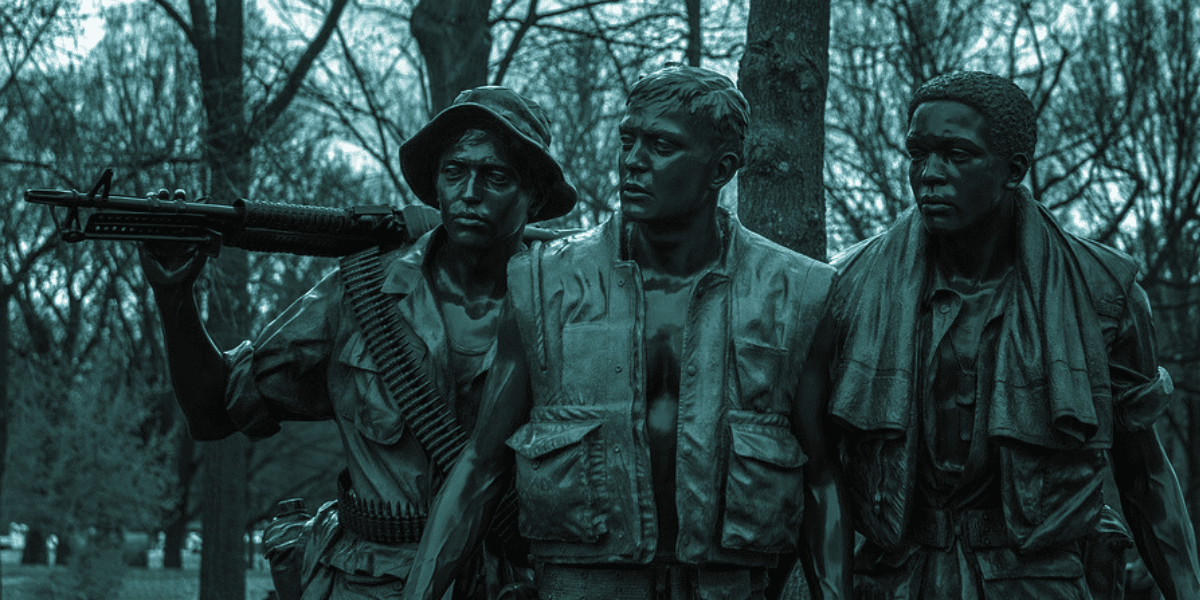You lost your job, and then you lost your security clearance. What next?
Losing a security clearance can derail a federal career, especially if that clearance is revoked after you’re no longer employed. Many previously cleared individuals assume that once you’re out of a job, your right to challenge a revoked security clearance disappears. Fortunately, that’s not always the case, but it does depend on several important factors.
Understanding Security Clearance Revocation
A security clearance revocation occurs when the government determines it is no longer clearly consistent with national interests to allow access to classified information. This decision can result from newly discovered information or ongoing concerns related to personal conduct, financial instability, foreign connections, or other national security considerations.
Before revocation is finalized, an individual typically receives a Statement of Reasons (SOR) outlining the basis for the decision. If you haven’t received an SOR, you have the right to request one to formally understand and respond to the government’s concerns. You have a limited time to respond and potentially request a hearing or personal appearance before an administrative judge, an important stage of the appeals process. That opportunity may disappear if jurisdiction is lost before the process begins.
Can You Lose Your Clearance After Losing Your Job?
Yes, losing security clearance can accompany job loss, and it happens more often than people might think. Security clearances are tied to active employment or sponsorship for individuals who require access to classified information for their official duties. If you’re terminated, resign, or your contract ends before clearance concerns are adjudicated or you are part of an active investigation, your case may be placed into what’s known as Loss of Jurisdiction (LoJ) status.
LoJ halts the clearance process. Without an active sponsoring agency, the government will stop investigating or adjudicating your case, effectively freezing your ability to appeal. Your security clearance is revoked by default, not because your case was denied, but because no agency remains to support it.
You can contact us 24 hours a day, 7 days a week via phone at 8885294543, by e-mail at info@tullylegal.com or by clicking the button below:
Reasons for Clearance Revocation Post-Employment
Security clearances can be revoked for many of the same reasons whether you’re employed or not. The most common grounds include:
- Financial issues such as delinquent debt, bankruptcy, or tax liens.
- Personal conduct, including dishonesty on SF-86 forms or workplace misconduct.
- Substance abuse, either past or ongoing.
- Foreign influence or unreported foreign contacts.
- Unauthorized use of classified systems.
Post-employment revocation may stem from investigations that began before departure, or from newly discovered derogatory information. Even if you’re no longer employed, your past clearance remains under scrutiny until jurisdiction is lost.
Your Right to Appeal a Revoked Clearance
If your clearance is denied or revoked while you’re still actively employed or sponsored, you generally have the right to appeal. This involves responding to the SOR, providing mitigating evidence, and (if applicable) appearing before an administrative judge at the Defense Office of Hearings and Appeals (DOHA) or a senior Agency official.
However, once you’ve left a position, the right to appeal depends on whether you retain sponsorship. If your employment ends before you can respond to the SOR or request a hearing, there may be no adjudicator with jurisdiction, halting the process entirely.
To appeal a security clearance revocation or denial post-employment, the first step for many individuals is regaining sponsorship.
The Appeal Process: What to Expect
If your security clearance is revoked while you’re still sponsored, you may appeal by responding to the SOR with a detailed written rebuttal. This response should directly address the government’s concerns and include mitigation and supporting documentation. Depending on your agency, particularly under the Department of Defense, the process may include a formal hearing before a DOHA administrative judge. You’ll have the chance to present evidence and mitigation, clarify your position and cross-examine the government’s case.
If the administrative judge issues an unfavorable decision, there is most often an opportunity to submit a written appeal to an appeal panel. Some government employees, such as military personnel, will have an opportunity to have an appeal hearing before an administrative judge, but the judge’s recommendation will go to the appeal panel for a final decision following the hearing. If the final appeal is denied, the applicant will have to wait one year to reapply and will need to submit a reapplication brief following to completion of the one-year waiting period.
Key Deadlines and Documentation Requirements
Timing matters for clearance reinstatement. Once the SOR is issued, deadlines can be as short as 15 days. Missing a deadline may permanently end your ability to appeal.
Documentation is equally important. Your response should be a well-written legal brief that explains and includes:
- A Clear Admission or denial for each individual allegation.
- Detailed explanations for each issue.
- Financial records, if applicable.
- Proof of rehabilitation and character references.
- Legal documents (e.g., expungements, discharge records).
- Expert testimony, where needed.
A weak or incomplete submission can undermine even a strong case, and many federal employees underestimate how rigorously their evidence will be reviewed.
How Legal Representation Can Strengthen Your Case
Security clearance appeals are complex, and experienced legal counsel can greatly improve your chances of success. A security clearance attorney helps you build a strong written response, prepare for hearings, and avoid procedural missteps. For those who’ve lost their job, legal support is especially helpful, because without a sponsoring employer, you can’t proceed with an appeal.
A security clearance attorney can assist with securing sponsorship and restarting your case, keeping your position clearly and persuasively presented to adjudicators. The stakes are high and the standards are strict in this process, and professional guidance can make the difference between getting your security clearance reinstated or permanent revocation.
Ready to book your consultation? Click below to pay our consultation fee and book your meeting with an attorney today!
Protect Your Clearance and Career
A revoked security clearance can seem like a career-ending event, especially if it follows a job loss. But in many cases, options still remain, particularly if you act quickly, build a strong case, and seek experienced, effective legal guidance.
Clearance matters can affect not only your current position but also your future eligibility for federal jobs and private-sector roles involving sensitive work. Keeping your security clearance is worth fighting for, and it’s not something you should handle alone.
If your security clearance is revoked or you’re facing denial or revocation after a job loss, don’t wait to get help. The clock is ticking on your right to appeal, and your ability to return to meaningful work in the federal sector may depend on your next move.
Contact an Attorney for Experienced Legal Guidance
Tully Rinckey attorneys have extensive experience handling complex clearance issues, including those involving DOHA, DOD, DOE, DHS, DIA, CIA, FBI, Loss of Jurisdiction, and clearance reinstated cases. We help federal employees, military contractors, and civilian professionals defend their credentials and protect their futures.
Book your consultation today to learn how a Tully Rinckey security clearance attorney can help you challenge your clearance revocation and rebuild your career on a strong foundation. Tully Rinckey attorneys understand that issues involving security clearances can be challenging, and they will handle your matter with the attention and tact it deserves. If you have additional questions, our team of dedicated security clearance attorneys is available to assist you today. Please call 8885294543, or schedule a consultation online.
As a Managing Partner at Tully Rinckey PLLC, Anthony Kuhn focuses much of his time on the representation of military personnel and members of the intelligence community. He has extensive experience assisting clients in navigating matters involving security clearance suspensions and revocations, appeals to the Discharge Review Boards and Boards for Correction of Military Records, UCMJ violations and non-judicial punishment, appeals for service-connection before the Department of Veterans Affairs, rebuttals to GOMORs and QMP selection notifications and requests for Special Selection Boards. He also serves as the Chair of the National Security Lawyers Association.








